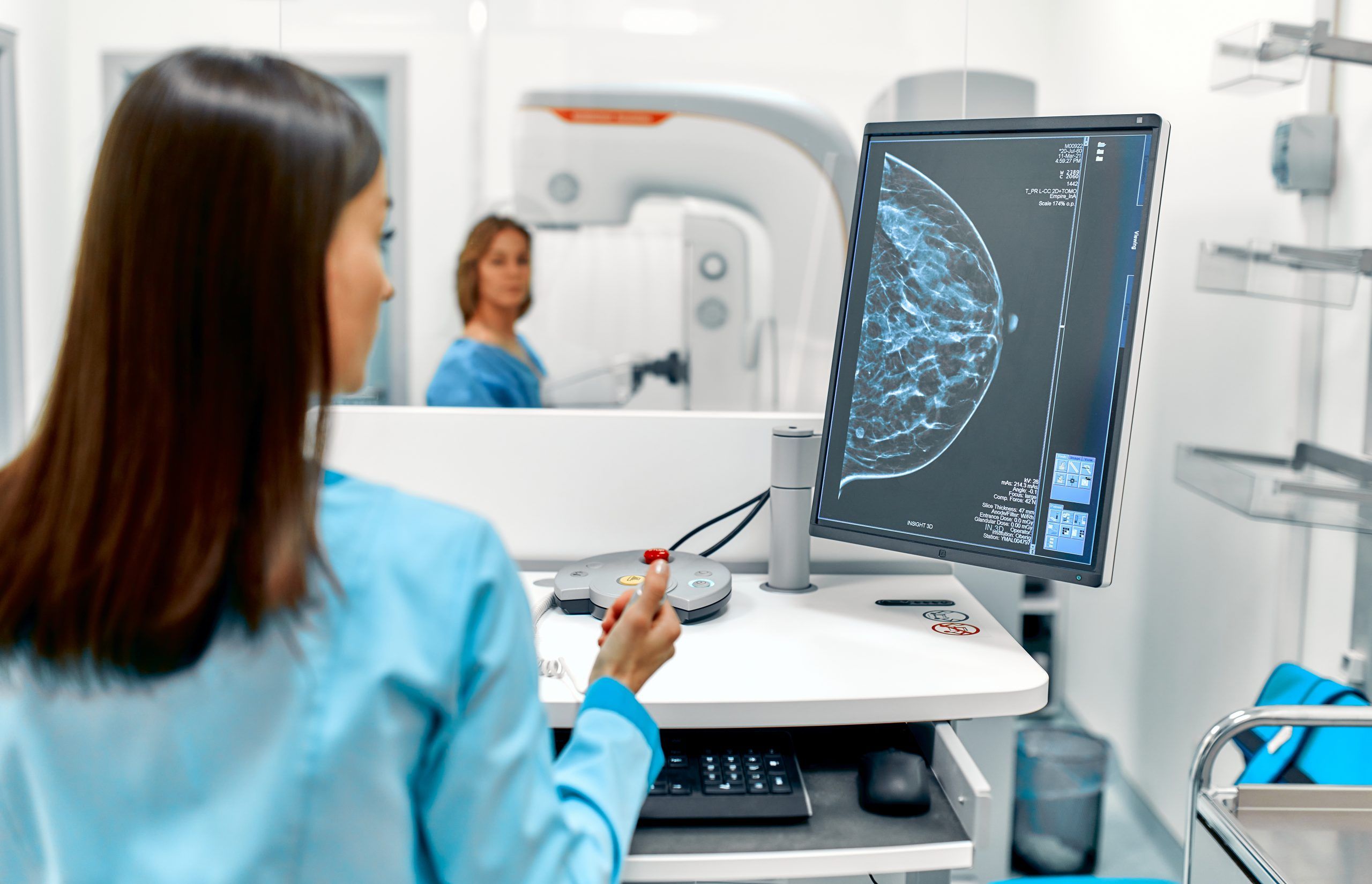The Future of AI in Radiography : Opportunities and Challenges
Artificial intelligence (AI) is swiftly transforming various industries, and radiography is no exception. As we advance further into the 21st century, the fusion of AI technologies with radiographic practices promises to revolutionize how radiologists interpret images, diagnose conditions, and interact with patients. This article delves into both the thrilling opportunities and significant challenges that AI presents in the field of radiology, particularly focusing on X-ray and mammography technologies.




